‘Human-Driven Vehicles Are on Their Way Out:' Former Vice Chairman of GM
【Summary】Automotive industry veteran Bob Lutz, recently wrote an editorial for Automotive News where he made some bold claims on the future of human-operated cars.
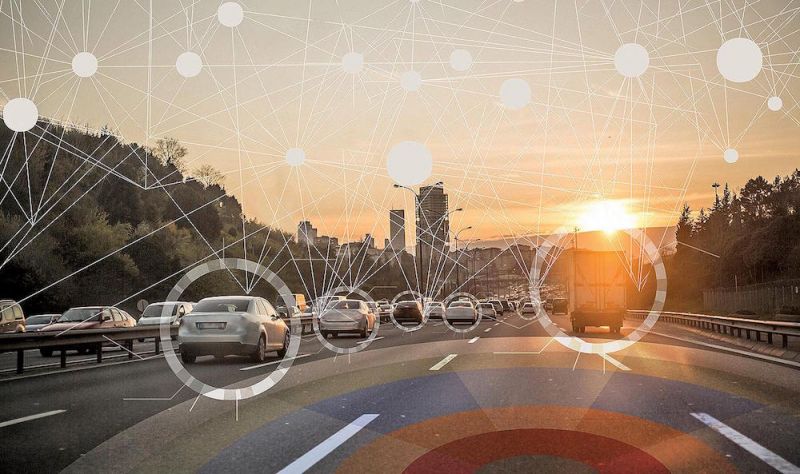
It seems like every single automaker on the road is currently working on some way to get drivers out of cars and to completely automate the act of driving. And it's easy to see why nearly every car company and technology company is going down the driverless path. Self-driving cars are much safer, give individuals without access to a traditional car the ability to get around, and are even expected to let cities build with humans in mind instead of building around cars.
At the moment, though, the semi-autonomous cars on the road give human drivers the option of having the car take over. Going on a road trip to visit your family for the holidays and have nearly 10 hours of highway driving? Just push a few buttons and have the car take over on the highway. It's simple, easy to do, and can be overridden at any time. This, then, is a great time for individuals that like driving and those that enjoy having technology drive for them.
Enjoy Driving While You Can
Unfortunately, as one can expect, this type of mutualistic relationship won't last long. In fact, according to former Vice Chairman of General Motors, Bob Lutz, everyone will have to give up their right to drive on the road sometime within the next five years.
In a lengthy piece for Automotive News, Lutz expressed his concern for the automotive industry as more automakers move towards autonomous vehicles. "It saddens me to say it, but we are approaching the end of the automotive era," says Lutz. "For hundreds of years, the horse was the prime mover of humans and for the past 120 years it has been the automobile. Now we are approaching the end of the line for the automobile because travel will be in standardized modules."
While it sounds a little crazy, Lutz has a point. Horses were the primary method of transportation before the car came along, but after the gas-powered, four-wheel machine made its debut, individuals quickly traded their horses in for the automobile. Now, as Lutz puts it, traditional automobiles as we know it are facing an assault from all angles from fully-autonomous machines.
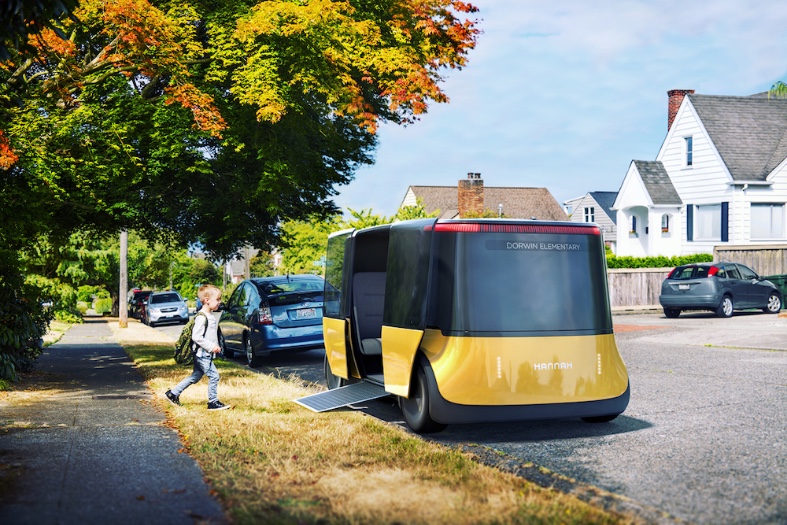
Driverless Pods Are The Future
Automakers and technology companies may be working on driverless cars, but Lutz believes that self-driving pods or "modules" will replace the automobile. "Now we are approaching the end of the line for the automobile because travel will be in standardized modules," says Lutz.
"The end state will be the fully autonomous module with no capability for the driver to exercise command."
It's not as farfetched as it sounds. Recently, Teague, a Seattle-based design studio, Boeing, and Nike envisioned what an autonomous school bus would look like and it certainly wasn't what anyone would describe as being traditional. In fact, it looked like a pod.
When discussing how the "fully autonomous module" will operate, it sounds exactly the way the majority of automaker and tech companies are aiming for. "You will call for it, it will arrive at your location, you'll get in, input your destination and go to the freeway," says Lutz. "On the freeway, it will merge seamlessly into a stream of other modules traveling at 120, 150 mph." Once the module starts to approach your destination, "your module will enter deceleration lanes, exit and go to your final destination." After reaching your destination, you'll have some way of payment and then the car will set off again, in search of its next rider.
Picture Uber And Lyft Without Any Drivers
If you take a second to think about what Lutz is saying, it sounds a lot like Uber and Lyft, except without any cars. Waymo, Google's autonomous sister company, became the first on the road to put fully-driverless cars on the road earlier this month. The autonomous vehicles are operating without a human driver behind the wheel or a backup one either. While Waymo is the first to do it, every other company should be close behind.
So on that front, it sounds like Lutz is bang on. It's easier for individuals, especially those that live in urban areas, to have a subscription or membership to get ferried around by an autonomous vehicle than it is to own one. Lutz's next claim though, is the one that's the most startling.
"The vehicles, however, will no longer be driven by humans because in 15 to 20 years – at the latest – human-driven vehicles will be legislated off the highway," says Lutz. That is the scariest aspect of autonomous vehicles – the fact that humans will essentially be driven out of the cars. The main driving factor, according to Lutz, is the fact that humans will be blamed for all of the accidents, which can be seen at the moment.
Bloomberg released a report earlier this year stating that autonomous vehicles were getting into accidents because they were driving too well, sticking out like sore thumbs on the road next to mistake-prone human drivers. As the recent string of accidents have shown, autonomous cars and human-operated ones can't habitat the same roads if everyone is going after zero automotive-related deaths, and human drivers are the ones to blame. The easiest thing to do, as Lutz alludes to, would be to ban human drivers from the road.
There is some good news though, as Lutz claims there will be a period of time where everyone will have to transition to an autonomous vehicle. "Of course, there will be a transition period," says Lutz. "Everyone will have five years to get their car off the road or sell it for scrap or trade it on a module."
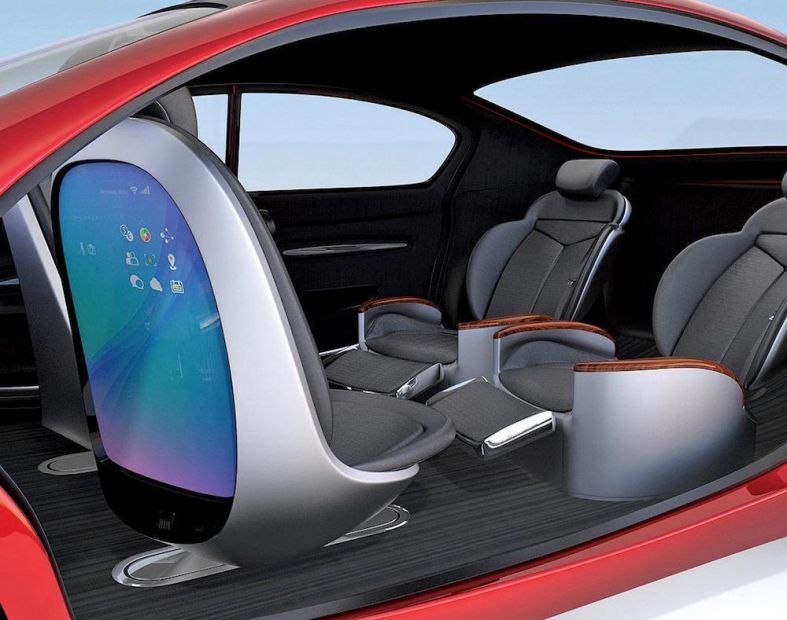
What About The Cost?
Automakers will still add their personalized touch to modules, though, as individuals wanting more luxury or specialized features, like televisions and fridges, in their modules will have to pay a little extra for the creature comforts. But things that really matter to enthusiasts, like performance, won't anymore, as the machines will all be traveling at the same speed. And design won't be as important as it is today, as all of the modules will share the same basic look.
Lutz's statements don't sound farfetched or that far away. But there is one major thing that I believe Lutz didn't hit on and that's the module's price. Autonomous vehicles are expected to cost hundreds of thousands of dollars, which is way above the average price for a current vehicle.
If the government requires every household to trade their traditional cars in for an autonomous module, millions of people will have to give up their ability to own a vehicle, as the price of admission is too high. Only wealthy families and individuals will be able to afford self-driving modules, while the rest of the country will move towards car-sharing, ride-sharing, and Lyft and Uber-like programs.
Still excited for autonomous cars? If you are, you only have to wait 20 years until every single car on the road will drive itself. Hate driverless vehicles? Enjoy the next 20 years, because you won't be able to drive a car in the future.
via: Automotive News
-

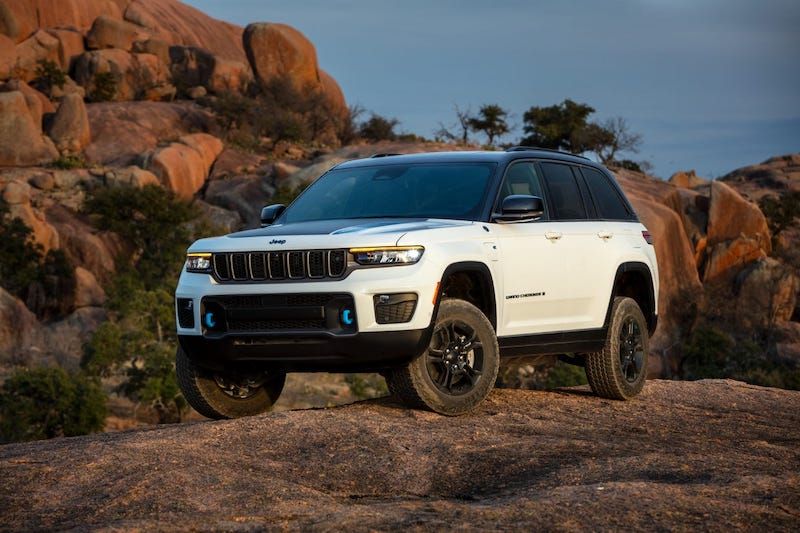
2023 Jeep Grand Cherokee Trailhawk Now PHEV Only
-

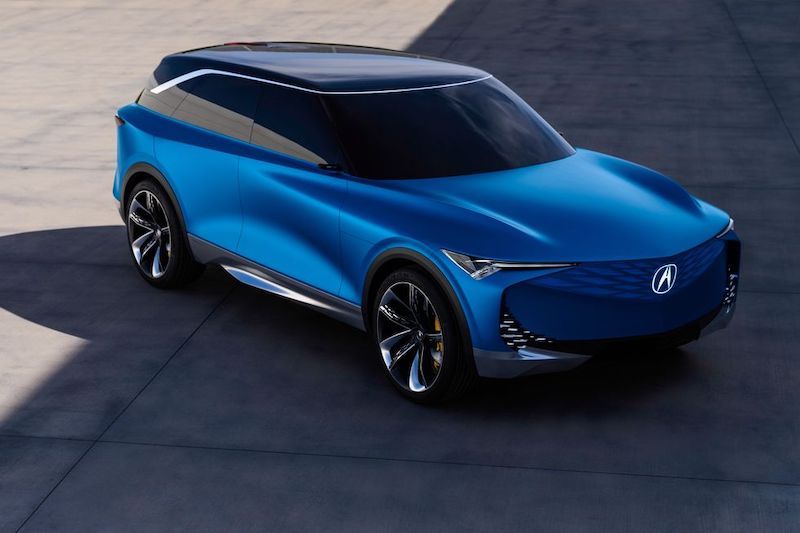
Acura Prevision EV Concept Previews Brand’s Electric Future
-


Hyundai Gets Serious About Electric Performance Cars, Shows off Two Concepts
-

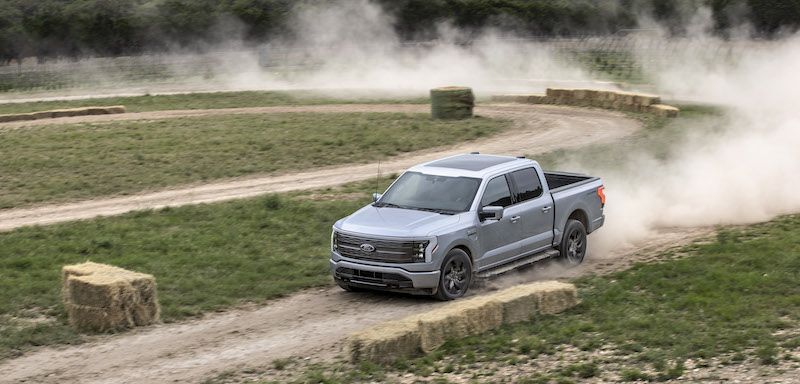
Ford Looks to Have 100% of EV Sales Be Online
-

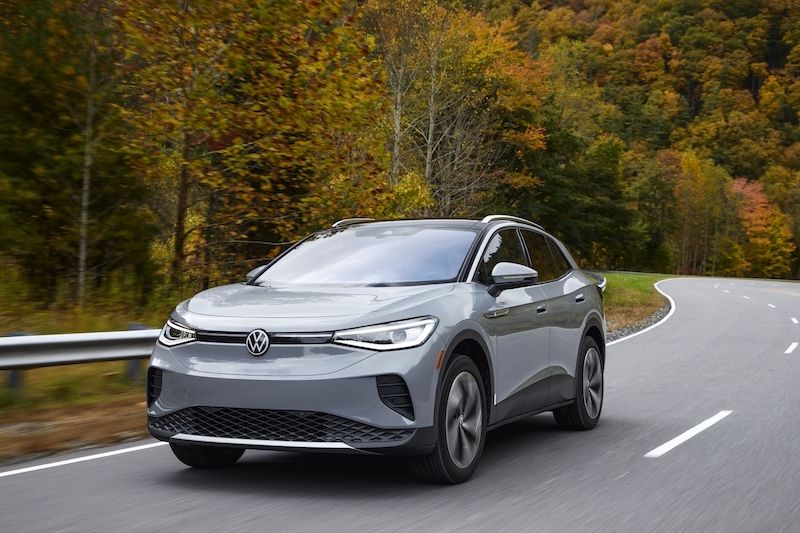
Volkswagen CEO Believes It Will Overtake Tesla in EV Sales by 2025
-

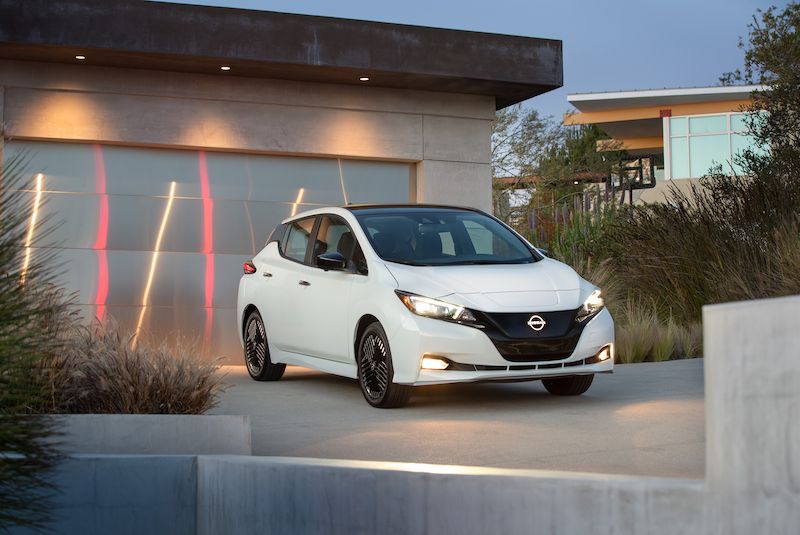
Report Claims Nissan Leaf Will Be Discontinued by 2025
-

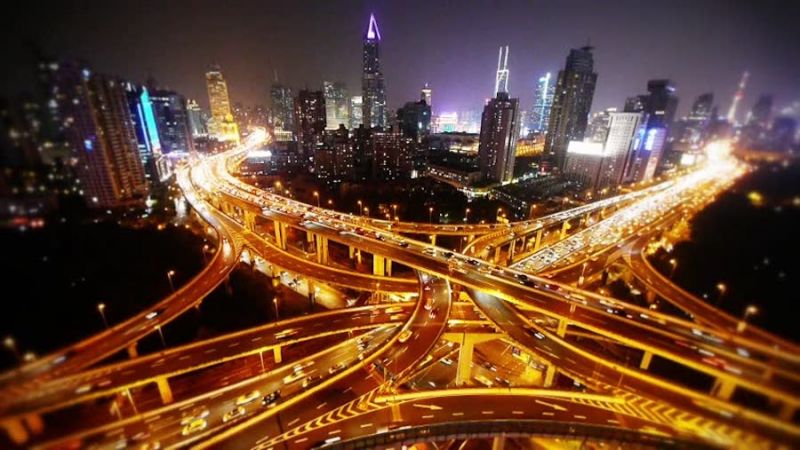
Autonomous Vehicles Will Require Cities to Change Their Transportation Methods
-

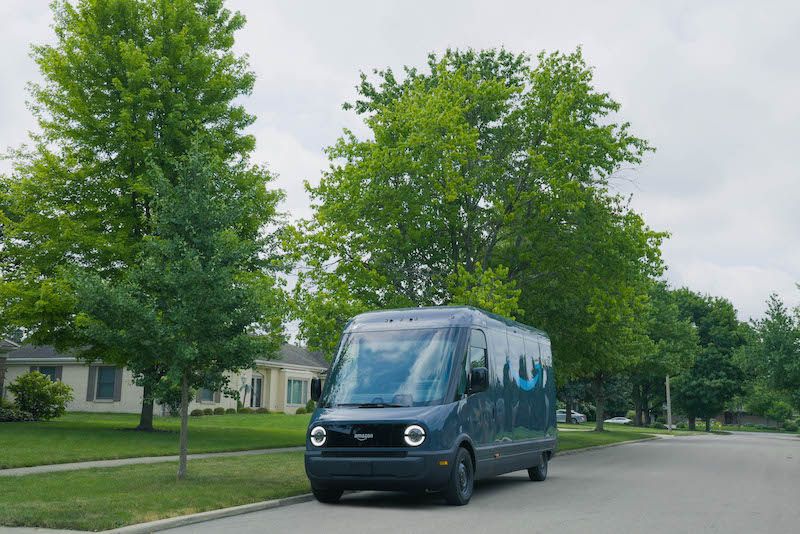
Rivian, Mercedes-Benz Partner to Produce Electric Commercial Vans
- Toyota’s Redesigned Prius May Get More Drivers Behind the Wheel of a Hybrid Vehicle
- Good Time to Buy Into China's EV Industry
- Facing Rising Production Costs, Automakers Ford, GM, Stellantis and Toyota Urge Congress to Lift the Cap on the $7,500 EV Tax Credit
- Biden Administration Announces New Standards to Make EV Chargers More Accessible
- Volkswagen Unveils the 385-Mile Range ID Aero Concept, a Preview of its First Electric Sedan that Will Be Sold in the U.S., Europe and China
- GM's Rebate of up to $6,000 on the Bolt EV and EUV Has a Big Stipulation
- EV Charging Provider ChargePoint to Install Hundreds of Chargers at Apartments and Condo Complexes Across California
- High Gas Prices Aren’t Enough to Sway Consumers to EVs, Autolist Survey Finds
- Tesla Rival XPeng and Alibaba Cloud Set Up China’s Largest Cloud-Based Computing Center to Train Machine Learning Models for Autonomous Driving
- Ford Unveils the F-150 Lightning Special Service Vehicle, a Fully Electric Pickup for Police Departments











 About Us
About Us Contact Us
Contact Us Careers
Careers